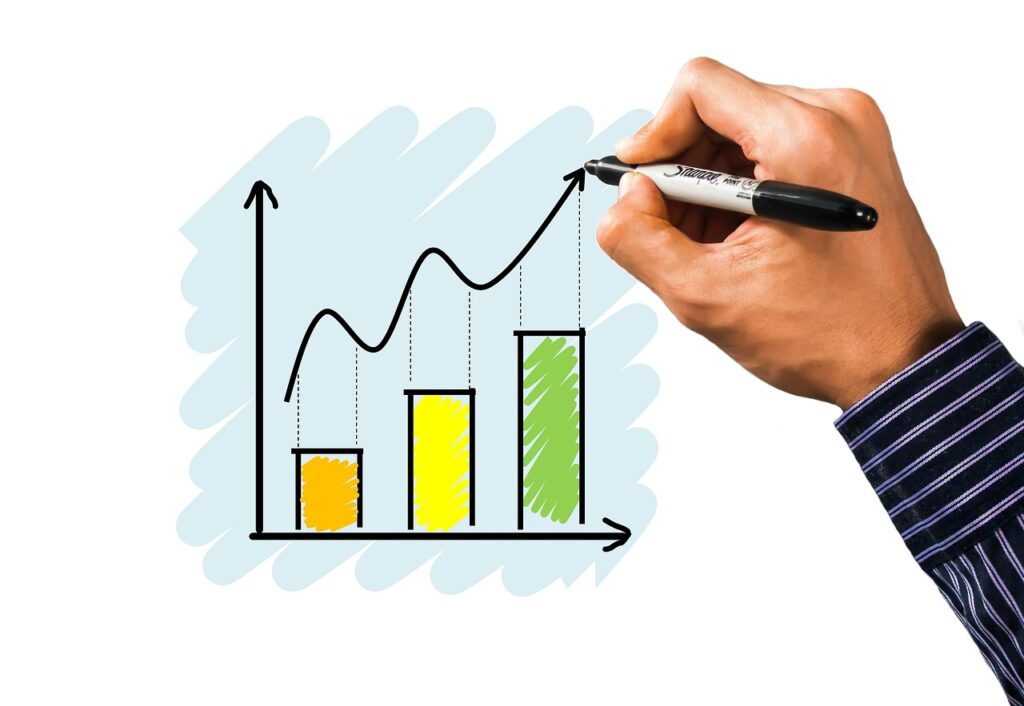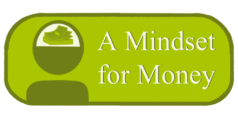
Now Hear This!
Get out of debt, as soon as possible! Many good things occur after reaching that goal.
I am referring to debt outside of your residence, your home. Although paying that off has a greater chance over time with no other debts. Being able to pay extra on house payments reduces the loan balance much faster and saves on interest expense!
No Debt – Plan to Invest
While you are paying off your debts, read as much as you can about investing. Real estate, stocks, notes on property tax defaults, estate sales, etc. are potential sources of investments for your savings.
Remember: All that effort to learn about investing and saving, in general, will help you make your savings grow on their own. Money making money. How cool is that!
However, you must also remember that investing requires a good base of funds to start, with the chance of loss. So, use money you are willing to lose that does not affect your emergency savings.
Risk and Reward Varies
High risk investing is like the lotto or other forms of gambling, where winning is very rare, and the risk of total loss is very high. If you like throwing money out the window while you drive to work, then try it out.
If you prefer to keep your hard-earned money safe, then, consider other options to invest. One of the lowest risk options is putting your savings into bank accounts that earn interest.
Most investing options will fall somewhere in between these two extremes of risk. Be frank with yourself about what kind of risk you are willing to take and how willing you are to risk a loss. Learning about the investment option will greatly enhance your ability to grow your investment. Every investment is affected by the economy but in various ways. Learn about the effect and you will be able to take advantage of changes, good or bad.
If that sounds scary, then, you have not studied enough to understand what I am saying. Read some more.
A Reflection on Savings
I will repeat myself, on purpose. Repetition will help you remember.
As I have stated before, do NOT get emotionally involved with numbers related to your money. Investing comes with gains and losses. And, as you save for emergencies, the recommended amount of three to six months of living expenses can seem like a very large number. It will be tempting to buy some fun things!
The same can be said of your retirement account. As you sacrifice to put money aside for retirement and your old car keeps having to go to the shop for repairs, you will be tempted to draw money for a new car.
Caution: If you draw on your retirement savings, you will lose out on that amount plus the effect of the earnings compounding over time. How much? There is a finance tool called the Rule of 72, the formula for seeing how long it will take to double your money. The formula is: 72 / Rate of Interest = Number of Years to double your current balance.
In other words, if you took $20,000 out of your retirement account, which is earning a 6% return (this is only an example, and I am ignoring the tax implications) to buy a car. That car would cost you an additional $20,000 of retirement funds over the next 12 years.
Calculation: 72 / 6 (%) = 12 years.
That $20,000 would have doubled in value over the next 12 years if left in the retirement account. Most 401k plans are in mutual funds. The return will vary some years are more and some years are less on returns. However, that is the beauty of compounding earnings, which is interest and dividends that are reinvested.
Live as If There Is Tomorrow
I am not against the concept of making the most of today. However, do NOT act as if there is no tomorrow. Guard your assets and make them last.
Delay spending today and you will have more to work with tomorrow. And what looked good yesterday may not look as good today as you consider the cost to benefit your future.
Some assets like stocks or real estate are worth holding a long time. However, your reading and research today will help those long-term decisions tomorrow.
Learn what you can when you can. That may take some planning on your part to schedule classes or webinars, etc., in the future. That is a part of living as if there is tomorrow.
Run the Numbers, Then Decide
One of my favorite axioms (a postulate, a statement worth further study) is “cost versus benefit”. This is a good phrase to use when making any major financial decision.
As you consider buying a car, for example. Does that car have certain maintenance issues over time? What kind of gas mileage can you expect? Does it have useful space for your future needs?
There are many other examples to consider. However, not all costs are obvious. Besides the purchase, you have operating costs, financing costs, and what else could I do with those funds that could benefit you more, called opportunity costs.
See, your personal business is Not Static!
